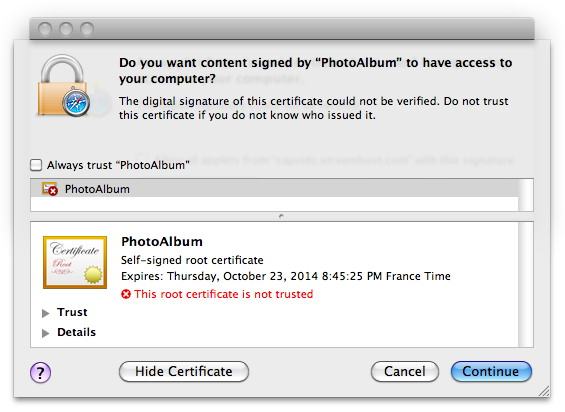
NO HOLIDAY CHEER: Yahoo! is preparing to lay off between 600 and 700 workers in the latest shake-up triggered by the Internet company's lackluster growth. - AP
SAN FRANCISCO: Yahoo! Inc's holiday trimmings will include 600 to 700 layoffs in the Internet company's latest shake-up triggered by lackluster growth.
Employees could be notified of the job cuts as early as today, according to a person familiar with Yahoo!'s plans. The person asked for anonymity because Yahoo! hadn't made a formal announcement.
The planned cutbacks represent about 5% of Yahoo!'s workforce of 14,100 employees. It will mark Yahoo!'s fourth mass layoff in the past three years.
The latest two housecleanings have come under the company's current CEO, Carol Bartz, a Silicon Valley veteran hired nearly two years, despite a lack of experience on the Web or in advertising - Yahoo!'s main source of revenue.
This week's round of reductions is expected to be concentrated in Yahoo!'s US products group, which already has been undergoing an overhaul since Bartz hired former Microsoft Corp executive Blake Irving to run the division last spring.The job cuts won't come as a shock. News of the looming layoffs was first reported last month by two popular technology blogs, TechCrunch and All Things Digital.
Yahoo!'s feeble financial growth, stagnant stock price and recent management defections have raised questions about whether Bartz herself might be shown the door before her contract expires in January 2013.
The company's revenue had edged up by less than 2% to US$4.8bil (RM15.4bil) through the first nine months of the year, reflecting the difficulty Yahoo! has had selling ads while other Internet companies such as Google Inc and Facebook are thriving.
Google's revenue climbed 23% to nearly US$21bil (RM67.2bil) through the first nine months of the year. Privately held Facebook doesn't disclose its results but it is growing so fast that it had to move into larger headquarters earlier this year.
The malaise has spurred speculation that opportunistic buyout firms might put together a takeover bid for Yahoo!, possibly in partnership with another embattled Internet icon, AOL Inc.
Bartz, 62, has repeatedly insisted Yahoo!, which is based in Sunnyvale, is heading in the right direction, although she has cautioned it might be another year or two before there's a significant improvement in the company's financial results. - AP







